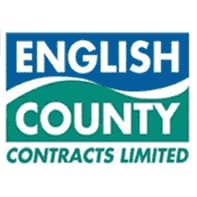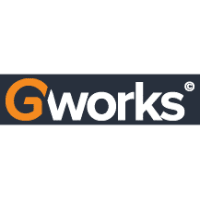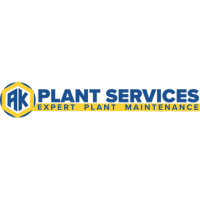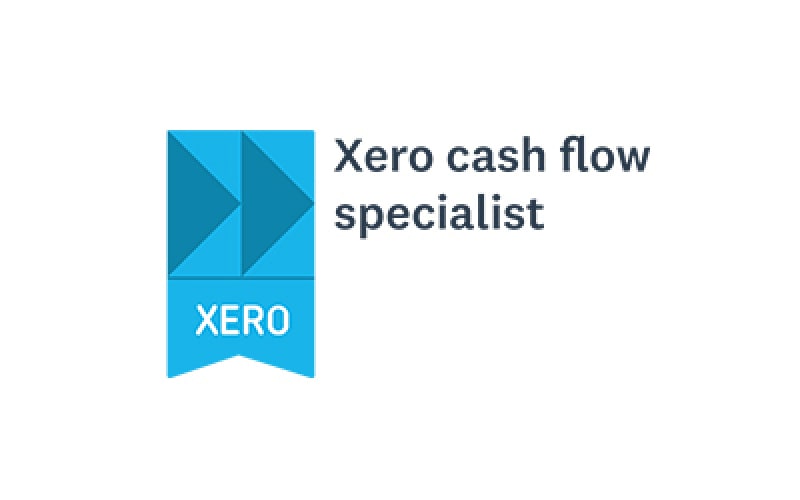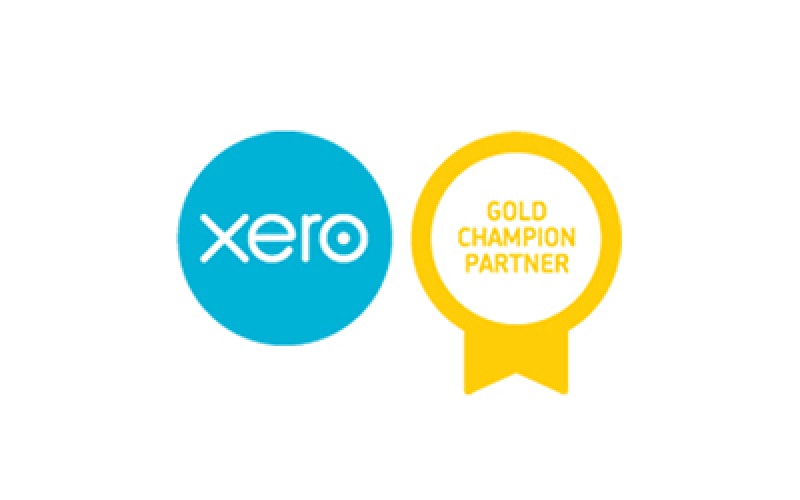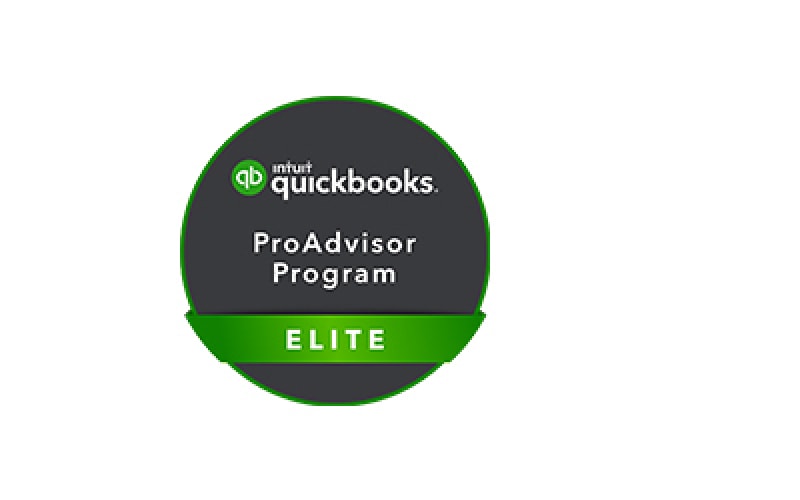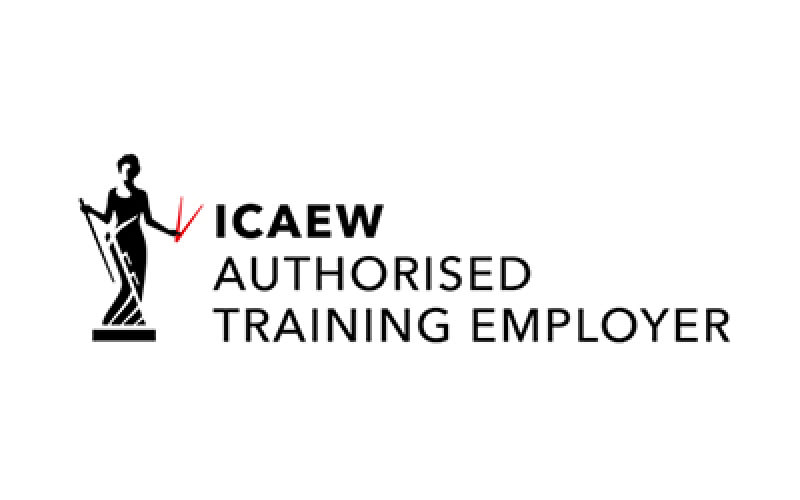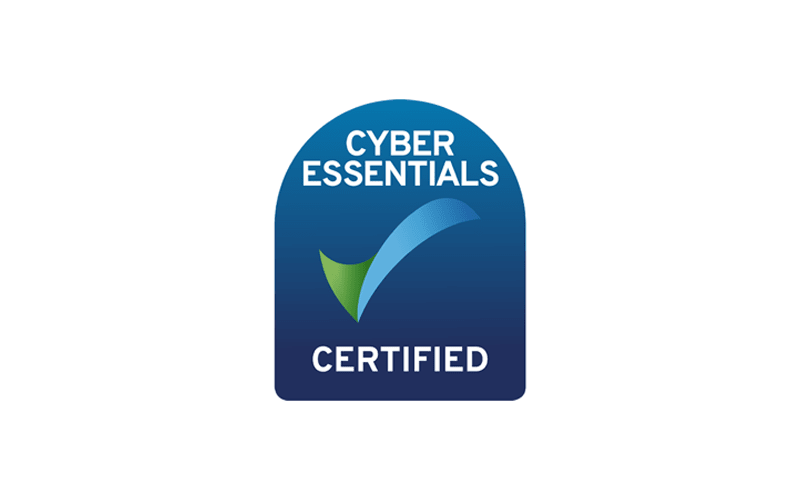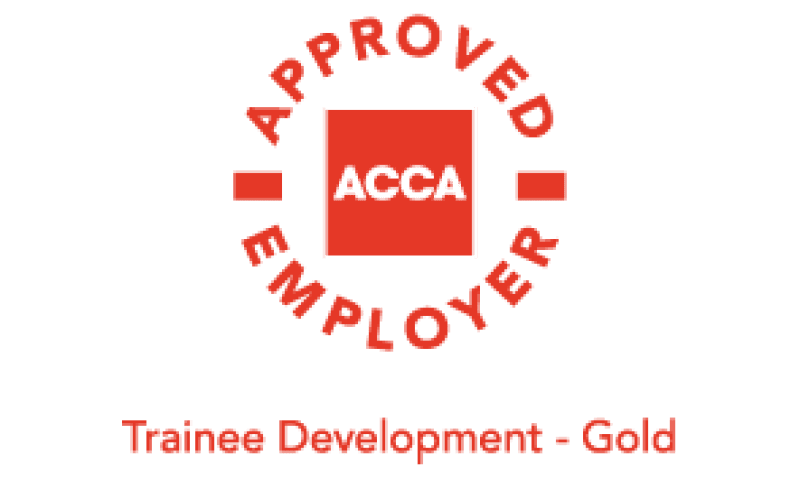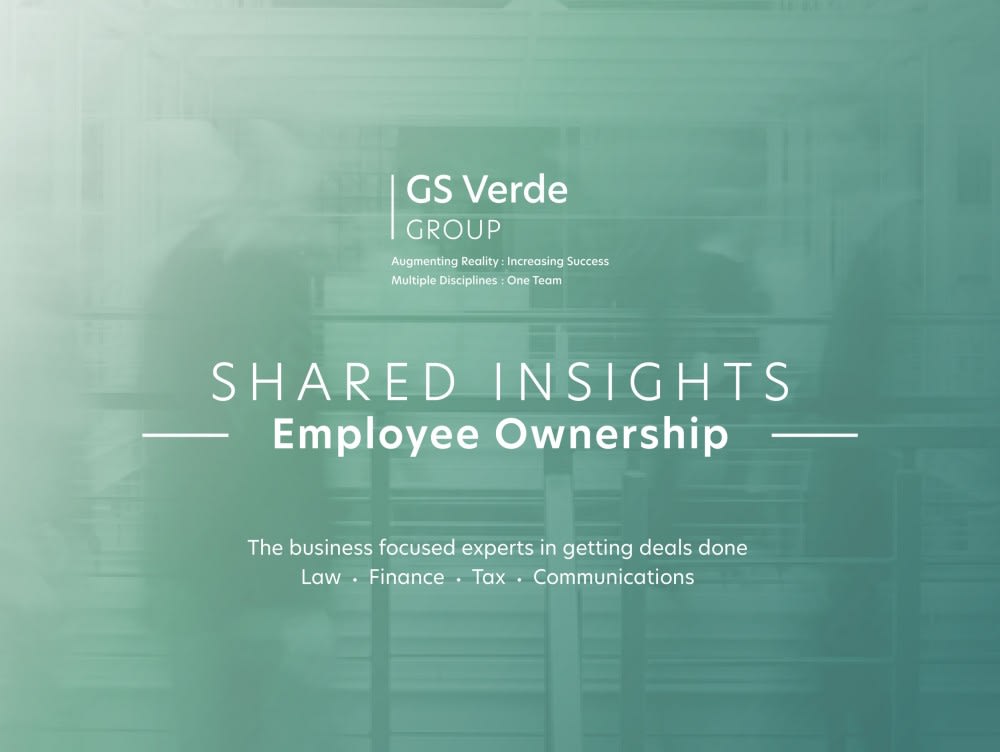
posted 22nd March 2023
“A successful business is down to its people at the end of the day. Our staff get to benefit in the longer term, which is fantastic both for them and for the communities we work in. For us, it was an absolute win-win situation.”
This was the reasoning given by Educ8 Training CEO Grant Santos, when explaining how a decision was made to sell the majority shareholding of the business to its employees. With GS Verde’s support, Educ8 completed an EOT that sees 51% of the shares now owned by a Trust on behalf of its 200+ staff.
The leading training provider is just one of 285 businesses that became employee owned 2022, as interest in this deal structure rockets. In fact, since 2020 the Employee Owned sector has doubled in size.
Why is employee ownership becoming so popular?
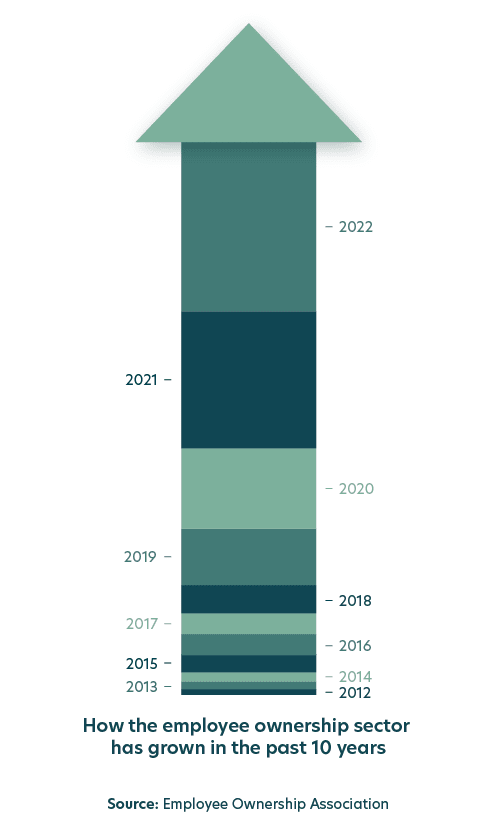
The rapid growth of employee ownership can be attested to the benefits this model of business brings, namely increased success, profitability and sustainability.
When staff become co-owners, their investment and commitment to the business is innately heightened and leads to a greater drive towards helping the business flourish.
The nature of the structure also generates increased communication within the business and improves retention by significantly recognising and rewarding staff’s overall contributions.
For business owners too, there are advantages. Often a quicker, and much smoother transaction compared to a sale involving a third party, an EOT sale can also come with tax reliefs and establish a natural route for succession without fully departing from the business.
How does employee ownership work?
There are three main types of employee ownership: direct, indirect and a combination of the two.
Direct employee ownership – where employees hold shares or have the option to purchase shares at a discounted and/or tax-efficient rate. Here, employees can become registered individual shareholders of a majority of the company’s shares. In Ireland, it is possible to operate Employee Share Purchase Plans and establish a similar level of direct employee ownership.
Indirect employee ownership – in this case, shares are held collectively on employees' behalf usually through an Employee Trust. Employees then become involved in decision-making, strategy and direction via a committee. An EOT provides an advantageous option for business owners who are planning an exit for when the time is right. Owners will also be able to claim full relief against Capital Gains Tax (CGT).
This type of employee ownership is available to Irish companies, either in the form of an Approved Profit-Sharing Scheme (APSS) and an Employee Share Ownership Trust (ESOT). While CGT may apply, there are deductions available.
A combination of the two – A hybrid model in which employees can acquire shares individually, but an employee trust will always maintain a minimum level of ownership.
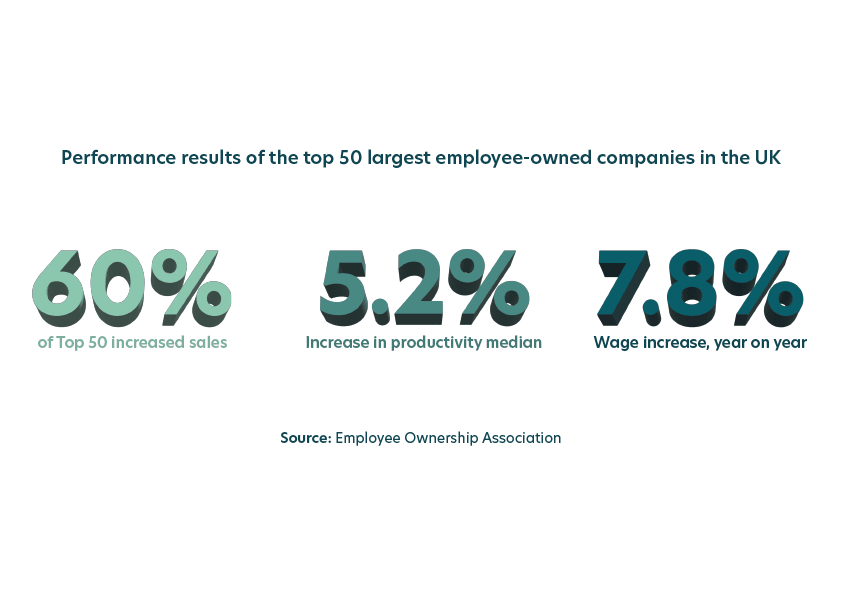
When is Employee Ownership the right model?
There are some key qualifying factors that make a business eligible for employee ownership, but generally companies of any sector and size could suit the structure, from high-profile corporations to family businesses.
Most importantly, employee ownership is about giving the workforce a ‘significant and meaningful’ stake in the business. This means employees must have both a financial stake, such as owning shares, and a say in how the business is run, known as employee engagement.
With this in mind, there are several situations that are prime opportunities for employee ownership.
Succession planning – For entrepreneurs and business owners, a succession plan is crucial regardless of how far in the future the actual event may be. Employee Ownership establishes a natural progression that sets up an exit route for owners at a later date, while ensuring a transitional period where employees have a greater say in the strategic direction of the business.
Growth and expansion – Broadening ownership to include most or all employees can reflect the need to attract, retain and motivate talented people. These individuals can help drive overall business performance with a view to expanding your services, client base or even geographic footprint.
Starting as you mean to go on – Employee Ownership can be integrated into a company from the outset, ensuring the benefits of incorporating the values and ethos of collective ownership into the foundation of your business.
How does a business become employee-owned?
As with any major business transaction, specialist advice is vital. With experts across multiple disciplines, the GS Verde Group understands your specific commercial needs, and what is important to you to help navigate the deal process.
As a Group, we are able to support business owners through the entire Employee Ownership process.
Our corporate finance experts can provide valuable insights to benefit your financial modelling and business valuation, as well as helping to secure the right funding for this transaction.
GS Verde's legal advisors support you through the necessary legal demands a deal such as this requires, including deal structuring and drafting the key shareholder agreements.
Meanwhile, our tax division can provide specialist tax efficiency planning services to ensure your business take advantage of the reliefs available.
To discover more about employee ownership and find out if it is the right route for you and your business, speak with our advisors.
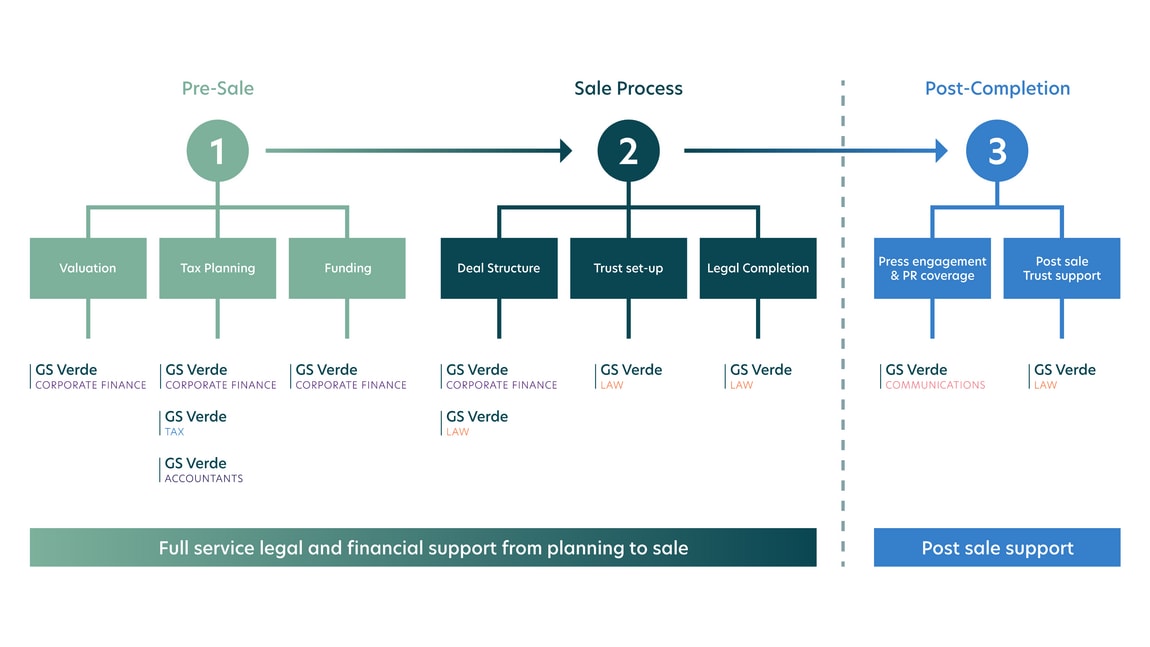
Our corporate finance experts can provide valuable insights to benefit your financial modelling and business valuation, as well as helping to secure the right funding for this transaction.
GS Verde's legal advisors support you through the necessary legal demands a deal such as this requires, including deal structuring and drafting the key shareholder agreements.
Meanwhile, our tax division can provide specialist tax efficiency planning services to ensure your business take advantage of the reliefs available.
To discover more about employee ownership and find out if it is the right route for you and your business, speak with our advisors.
Combining legal, tax, finance, and communications, the GS Verde Group are the business-focused experts in getting deals done.





